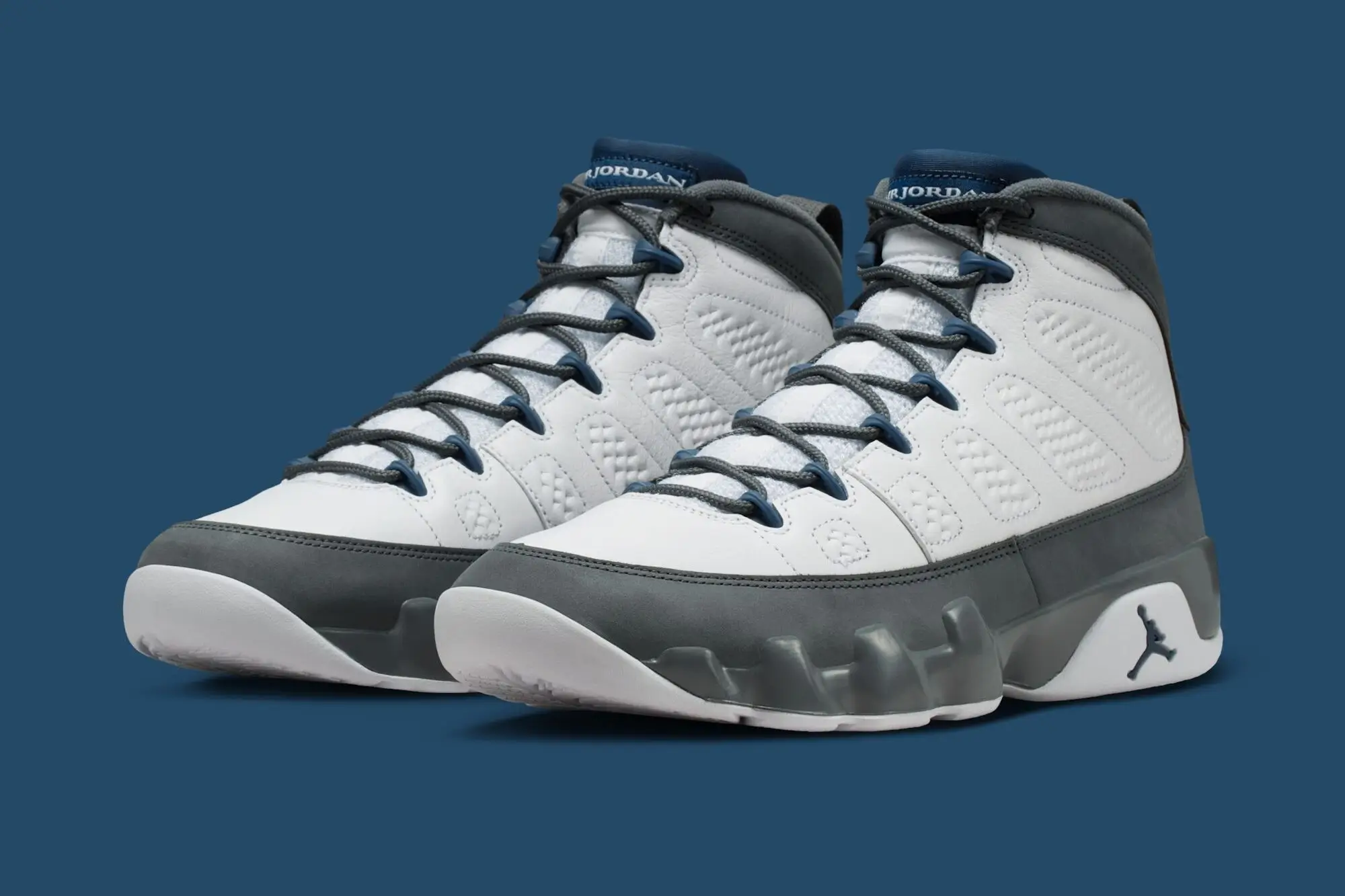When Dictionary.com announced that its 2025 Word of the Year was “67,” the collective reaction across the internet was somewhere between disbelief and laughter. A number—two digits without phonetic nuance or grammatical category—had apparently been elevated to the status of “word.” It wasn’t a prank, nor a glitch. The lexicographers insisted that the choice captured the cultural pulse of a year dominated by absurdist humor, digital shorthand, and generational in-jokes that transcend language itself.
Still, it’s hard not to ask: have we officially lost the plot?
what “67” even means
The supposed word “67,” pronounced “six-seven,” has no consistent meaning. Its usage originates from TikTok and Gen Alpha meme culture, where it’s thrown into captions, comments, or even spoken aloud as a conjure interjection. Depending on the tone, “67” can signal indifference, uncertainty, or mild irony. Some use it the way one might say “meh.” Others shout it with a grin to punctuate something ridiculous or anticlimactic.
Lexicographers claim it surfaced in 2024 through a viral clip of a teenage basketball player yelling “six-seven!” after missing a shot. The randomness of the exclamation made it funny, which led to remixes, reaction videos, and an eventual avalanche of ironic repetition. Soon enough, “67” had escaped its original context, appearing in song lyrics, Discord chats, and comment threads. By 2025, it had evolved into a shorthand for the humor of nothingness—language hollowed out to pure gesture.
why
Dictionary.com’s annual Word of the Year isn’t chosen to celebrate elegance or intellectual rigor. It’s meant to reflect linguistic and cultural trends—words that dominated searches, conversations, and social media feeds. In 2025, “67” topped their data charts for unexplained surges in lookup volume and online use.
According to the site’s editorial team, the selection recognizes how language increasingly emerges not from literature or academia, but from meme culture. The phrase “six-seven” encapsulates the chaos of digital communication: it’s meaningless, yet instantly recognizable; absurd, yet oddly expressive. In their view, that paradox is the story of language today.
One editor even described it as “a linguistic shrug.” Rather than representing a clear idea, it reflects an attitude—a kind of ambient irony that defines modern online expression.
flow
The announcement unleashed a wave of derision across social media. Teachers, writers, and older internet users mocked the decision, calling it the “death of literacy.” One viral post quipped, “Next year’s Word of the Year will just be a JPEG.” Others complained that elevating a number to “word” status signaled that dictionaries were surrendering their authority to the algorithm.
The outrage isn’t surprising. For generations raised on print dictionaries and fixed meanings, the idea of honoring a meaningless number feels like cultural vandalism. Past Words of the Year—“pandemic,” “gaslight,” “authentic”—captured collective anxieties or defining moments. “67,” by contrast, captures little more than collective confusion.
Linguists themselves remain divided. Some view the move as a play acknowledgment of evolving usage patterns; others call it linguistic capitulation. After all, dictionaries have always served as gatekeepers of meaning. If those gates open to anything that trends, what’s left to define?
digital
And yet, perhaps that’s precisely the point. “67” may not be a traditional word, but it mirrors how communication works in 2025. Online speech has become fragmented, self-referential, and drenched in irony. Emotions are conveyed through emojis, reaction memes, or snippets of audio detached from context. Meaning now lives in tone, timing, and shared absurdity.
In that sense, “67” functions as a code—an inside joke among those fluent in digital nonsense. Its lack of meaning is the meaning. The phrase can signify both “I get it” and “I don’t care.” It’s language reduced to pure vibe.
Seen through that lens, Dictionary.com’s selection is less a blunder than a statement: that words no longer need to mean in order to matter. What counts is circulation, velocity, recognition. A term goes viral, accrues shared resonance, and becomes a word by consensus, not by definition.
lang
The elevation of “67” highlights a broader tension between linguistic stability and the speed of online culture. Traditional lexicography depends on settled meaning—words that have endured across contexts. But the internet rewards immediacy. Slang mutates overnight. Entire vocabularies bloom and die within weeks.
By the time dictionaries recognize these shifts, the culture that created them has already moved on. “67” is a unique emblem of that transience: a placeholder for the fleeting absurdities that dominate the digital present. It isn’t built to last, nor to be understood outside its meme ecosystem. And perhaps that’s what makes it irresistible to those who use it—its impermanence is the joke.
Still, the lexicon’s job has never been to chase chaos. Language evolves naturally, but meaning anchors it. When a dictionary elevates the ephemeral over the enduring, it risks confusing evolution with noise.
gen
This controversy also exposes the widening gulf between generations of speakers. For older readers, the dictionary remains a bastion of order—a record of what words are. For younger users, it’s a playground, where language is fluid, participatory, and self-aware.
To Gen Alpha, the humor of “67” lies precisely in its refusal to mean anything serious. It’s an antidote to a world of over-explanation, where every brand, politician, and influencer is desperate to mean something. In a landscape saturated with marketing buzzwords and AI-generated language, absurdity feels authentic.
So when the dictionary validates “67,” it isn’t just recognizing slang—it’s acknowledging a shift in how authenticity is expressed. Irony, randomness, and shared laughter now carry the social currency once reserved for eloquence.
stir
Was it a good decision? From a linguistic purist’s standpoint, absolutely not. Dictionaries are supposed to clarify, not confuse. The Word of the Year tradition once offered a linguistic snapshot of history. “67” instead offers a meme.
But from a cultural analyst’s perspective, it’s a clever—if mischievous—mirror of our times. The absurdity is intentional. The dictionary isn’t breaking language; it’s documenting the breakage. In choosing “67,” it holds up a mirror to the era’s self-aware nonsense.
That mirror may look ridiculous, but it’s accurate.
err
In the end, “67” as Word of the Year is both meaningless and meaningful. It’s a punchline disguised as a lexicographic choice—a number that says everything about the age of algorithms, irony, and attention spans. The stir reveals nostalgia for a time when words were stable and dictionaries spoke with authority. But the decision also underscores an uncomfortable truth: language today is shaped less by poets or professors, and more by teenagers with smartphones.
To call the move nonsensical is fair. Yet, in a world where nonsense rules the feed, perhaps the dictionary has merely joined the joke. “67” doesn’t define the year so much as it describes it—a year where everything, even meaning itself, feels like a meme.
No comments yet.








